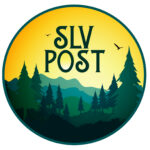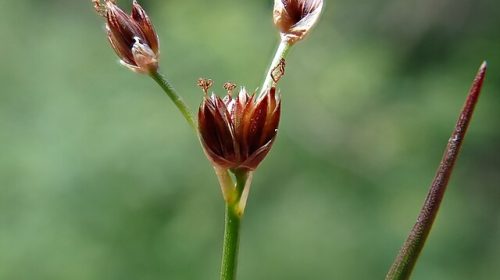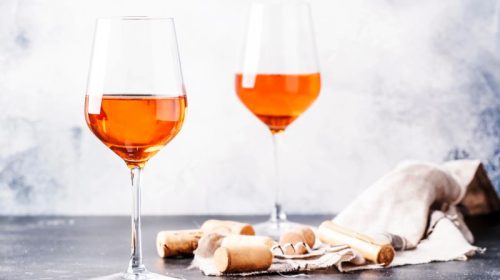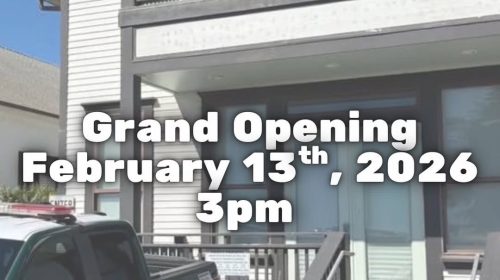A Visit with the Last Private Owners of Quail Hollow Ranch
Harry and Maude Owen – Quail Hollow Ranch 1957 to 1974
By Richard James and Jim Bahn
In November of 1957, Hayward, California rancher Harry Owen and his wife, Maude, purchased Quail Hollow Ranch from Sunset Magazine owner Larry Lane. Harry Owen, a descendant of an old time California ranching family, sold his Hayward ranch as urban development began to encroach on his property. Harry sought a more suitable property to continue his ranching business and the property of Quail Hollow Ranch was an almost perfect fit.
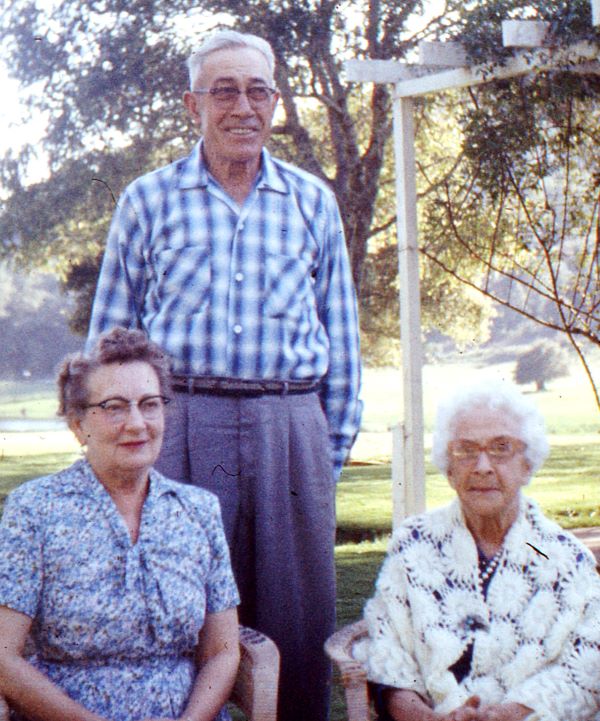
Harry’s mother, Ethel May (Craig) Owen, lived with Harry and Maude at Quail Hollow until she passed away on November 4, 1962 at the age of 87. During their ownership of Quail Hollow Ranch, Harry and Maude had free ranged beef cattle, kept working horses, grew vegetables, fruit, and crops, and operated Quail Hollow as a working multi-purpose ranch in Santa Cruz County, California.
The Owens also had several dogs keeping them company, and Harry also considered some of the cattle as his pets – being reluctant to send them to market. The barn and wild berry bushes were full of feral cats, with Maude occasionally taking food out for them.
Harry and Maude had no children of their own, but a nephew of Harry’s, Jim Schuler, lived in the Bay Area. Jim and his wife Leose had 3 children and they enjoyed coming out to the ranch for day trips.
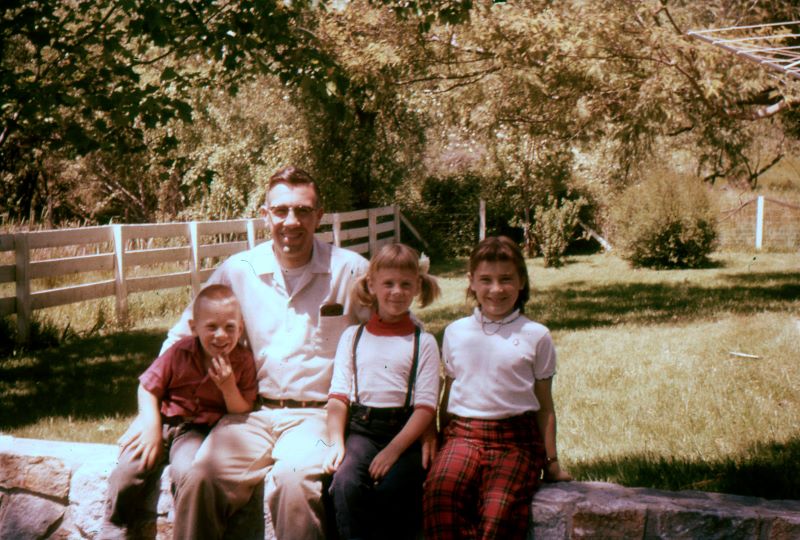
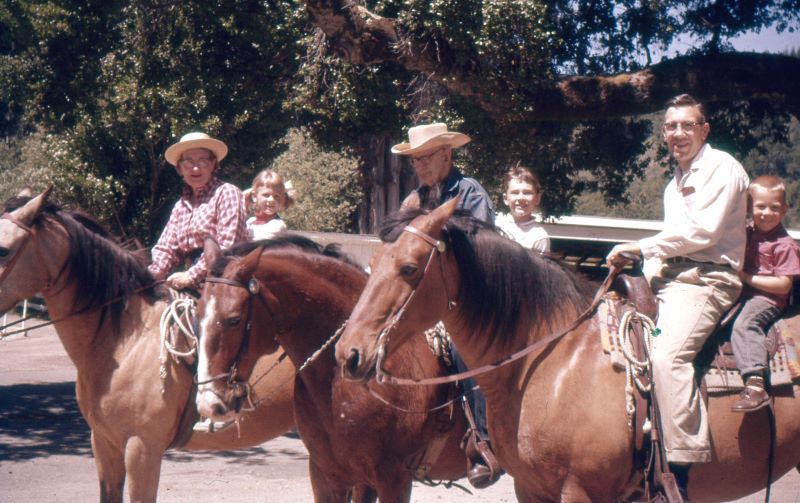
The children enjoyed playing in the large grassy area at the back of the house, going horseback riding, and playing on the buggies that were kept in the stables.
They often celebrated Easter at the ranch with fun Easter Egg hunts and one memorable
Christmas with a niece of Harry’s and her three children. Maude played Christmas songs on the grand piano in the living room. She also made delicious cakes using eggs from the ducks on the ranch. Much of the time was spent in the kitchen/living room area which had a wood-burning stove that warmed the space.
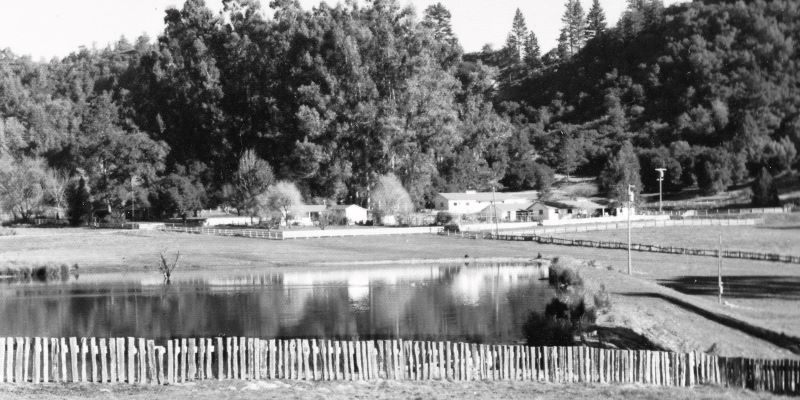
As the Owen Quail Hollow Ranch ownership years marched on, Harry and Maude’s cattle business began to be phased out due to new and more efficient ways to house and feed cattle. The days of being able to allow your beef cattle to roam freely through the countryside and feed on wild plants and grasses were rapidly coming to an end. Cattle could be fed faster, more reliably, and kept healthier, and housed cheaper in a feedlot type scenario.
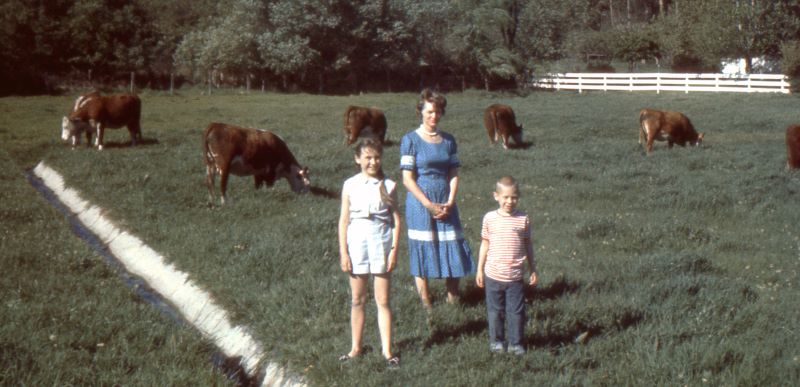
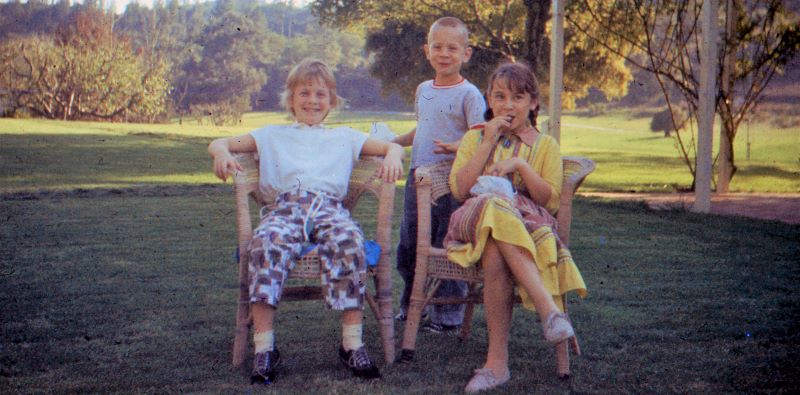
Quail Hollow Ranch on the Market
As the San Lorenzo Valley became more populated, and residential housing and businesses were expanding into our area, in 1973 the Owen family decided to put their Quail Hollow Ranch on the real estate market. Harry and Maude obviously loved their Felton ranch and respected the 300-acre parcel they had called home, and Harry became an important entity in helping preserve the parkland we now have. During the real estate sale, period Harry and Maude were inundated with offers from individuals and corporations to sell off the better portions of the ranch. No individual wanted to buy the entire 300 acres. Most wanted a few acres to build individual houses, apartment buildings, and there was even an offer for a few acres of flat land to develop a small golf course. But, Harry and Maude steadfastly refused to carve up their beloved ranch. Their counteroffer was always “you buy it all or none at all.” This was a daunting requirement for the seller and buyer both, but Harry was firm in his demand and his representatives searched far and wide for an individual who would take the property in its entirety.
In 1974, a buyer was finally found and it was the Santa Clara Board of Education (SCBOE). In the early 1970s the SCBOE was looking for a property where they could develop an experimental “science camp and outdoor teaching campus.” Their plan was to have a teaching center that offered students onsite learning in biology, farming, and sciences. The initial plan was to bus students from the Santa Clara school system to the ranch, where they would be able to spend a few days in a possible overnight situation and learn more about the sciences by being fully exposed to the rural and biologically rich area that Quail Hollow Ranch was.
SCBOE purchased the ranch property, but their plans were fairly quickly extinguished. Before they could even begin development of their Quail Hollow campus, California’s Proposition 13 passed, which cut tax money to public schools by 58%. That catastrophic blow combined with gasoline shortages and high costs ended the SCBOE remote teaching plan. The SCBOE hired an on-site caretaker, placed a chain across the property entrance, and never used the property for their intended purpose. After 10 years, SCBOE was looking for a buyer, and finally Santa Cruz County purchased the 300-acre Quail Hollow Ranch as a new County Park. The property purchase was completed in 1986 and plans were drawn up to develop the 300 acres into a park.
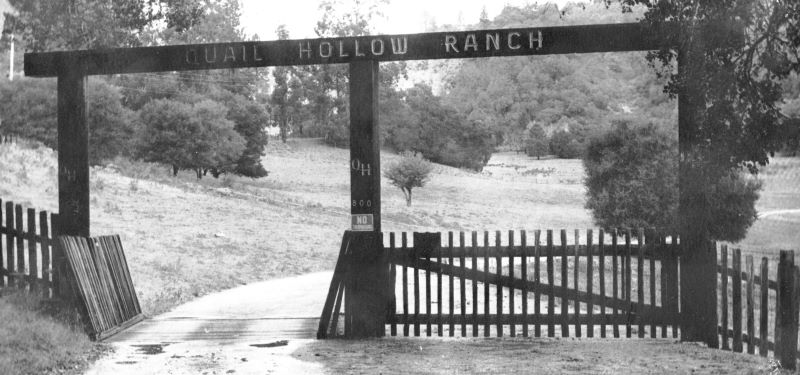
In closing the Owen chapter at Quail Hollow, we realize that because of the demands that Harry and Maude had for a buyer to purchase the property intact, they were instrumental in guaranteeing that Quail Hollow Ranch would eventually become a 300-acre nature preserve, set within an extremely rare “sand hills environment”, with almost 5 miles of hiking and horse-riding trails, historical building and pioneer history, amazing plants and animals (some of which are only found within this environment), and what has now become a beloved park for both locals and out of area visitors.
Thank you Harry, thank you Maude! And thank you, Schuyler family, for sharing your memories.
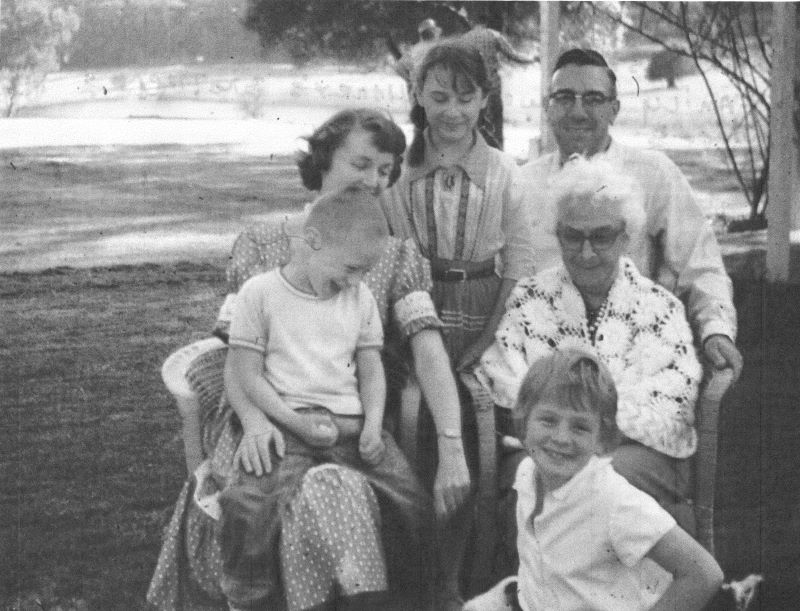
Richard James and Jim Bahn are volunteers with Friends of Quail Hollow Ranch Park. Read more about their work at friendsofquailhollow.org.
Photos contributed by Sue Schuyler Marquis
The San Lorenzo Valley Post is your essential guide to life in the Santa Cruz Mountains. We're dedicated to delivering the latest news, events, and stories that matter to our community. From local government to schools, from environmental issues to the arts, we're committed to providing comprehensive and unbiased coverage. We believe in the power of community journalism and strive to be a platform for diverse voices.

